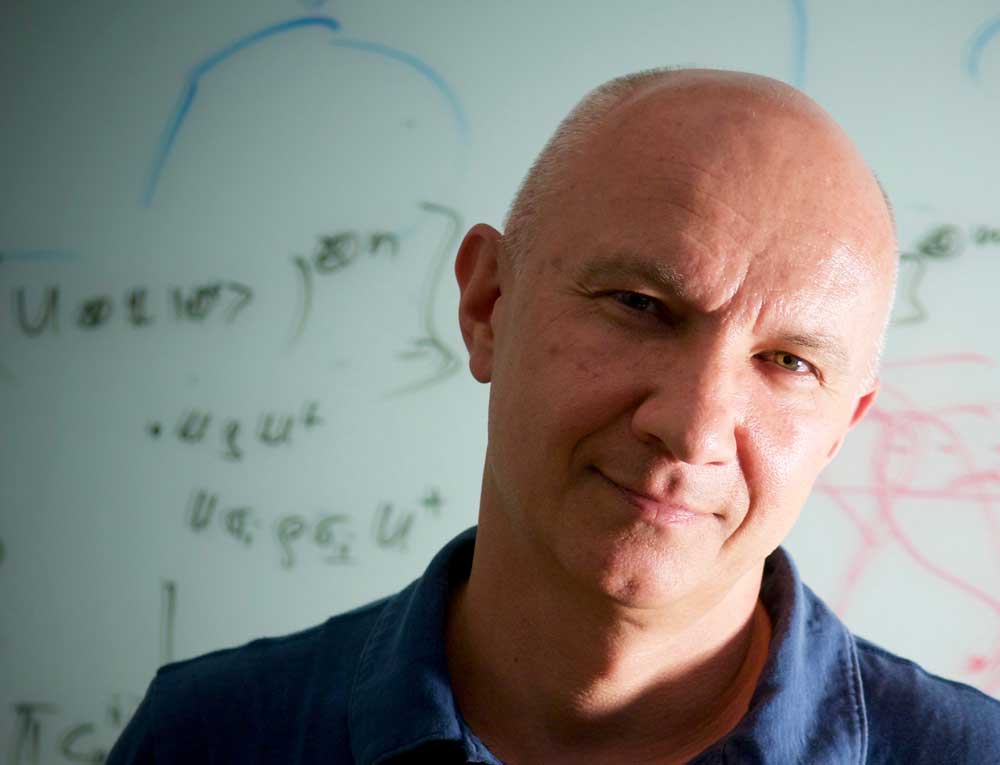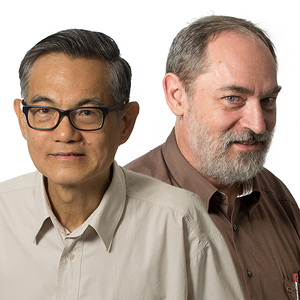Highlights
CQT's Director elected Fellow of the Royal Society

Now he's Professor Artur Ekert FRS. Photo Credit: Dagomir Kaszlikowski
CQT's Director Artur Ekert has been elected a Fellow of the Royal Society, the oldest scientific academy in continuous existence. Highlights of the society's history include publishing Isaac Newton's Principia Mathematica and approving Charles Babbage's Difference Engine.
Fellows are elected by the Society on the merit of their scientific work. Artur works on information processing in quantum-mechanical systems. His invention of entanglement-based quantum cryptography in 1991 triggered an explosion of research efforts worldwide and continues to inspire new research directions. He was one of 50 new Fellows elected in 2016.
When the announcement was made on 29 April, Venki Ramakrishnan, President of the Royal Society, said: "Science is a way of understanding both the world around us and ourselves. It is one of the great triumphs of human achievement and has contributed hugely to our prosperity and health. Science will continue to play a crucial role as we tackle some of the great challenges of our time including food, energy, health and the environment. The scientists elected to the Fellowship are leaders who have advanced their fields through their ground breaking work. We are delighted to welcome them to the Royal Society."
Artur is typically modest about his achievements. He says "I do not have any particular predilection for adding the three post-nominal letters to my name as a form of decoration. This said, the Royal Society has been doing interesting and heroic things since its inception in 1660, and I am keen to contribute to its mission, which is to promote excellence in science and to encourage the development and use of science for the benefit of humanity."
As well as leading CQT, Artur is Lee Kong Chian Centennial Professor at the National University of Singapore and Professor of Quantum Physics, Mathematical Institute, University of Oxford. He has previously been awarded the 1995 Maxwell Medal and Prize by the Institute of Physics and the 2007 Hughes Medal by the Royal Society. In his non-academic life he is an avid scuba diver and a pilot.
Learn more
Related Stories
 | CQT Professors elected Fellows of the American Physical Society October 12 2015 |






